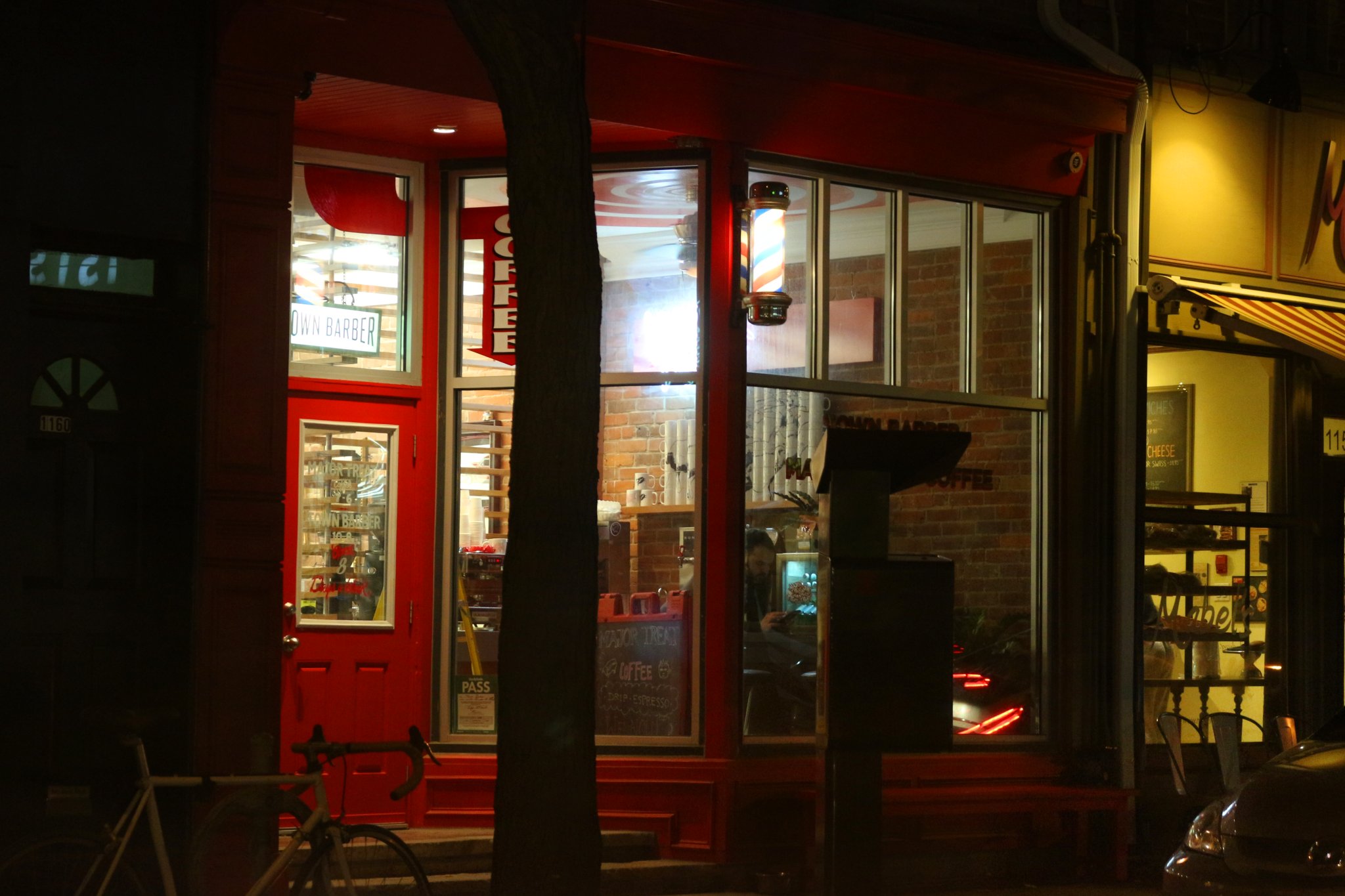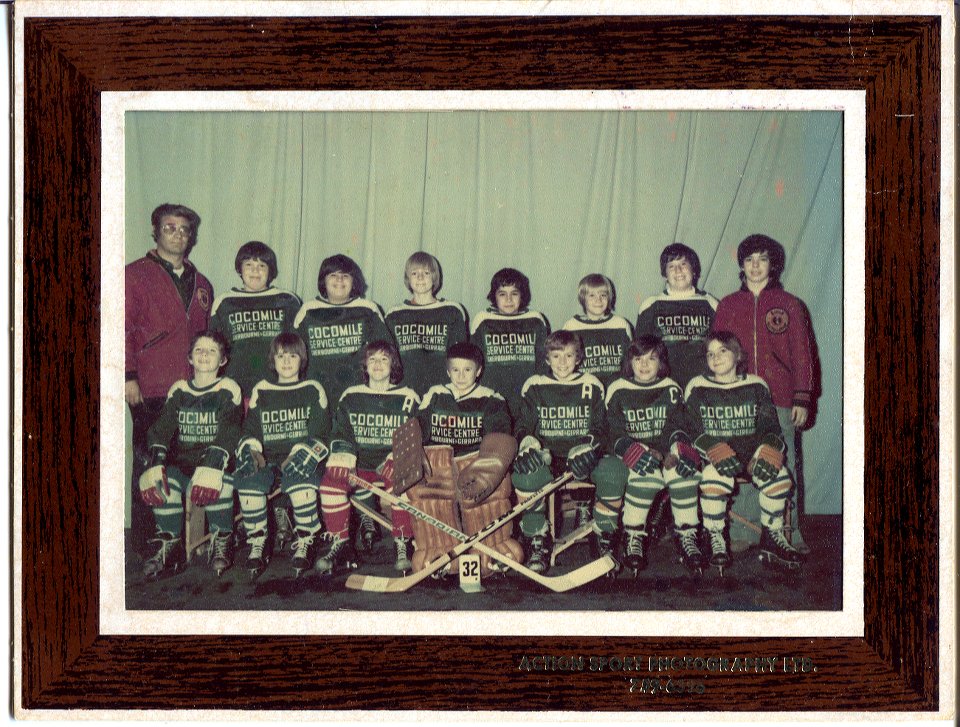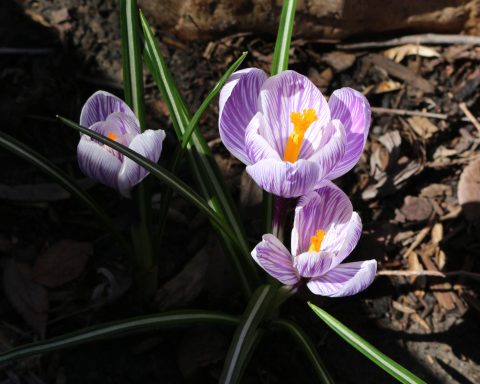I’ve been trying for some time to zero-in on a particular sort of thinking which is both dangerous to compassion, and very widespread right now. Most helpfully, one of my favourite TV intellectuals, Steve Paikin did an episode about the psychology of tribalism and power just a few days ago. Added much heft – plus, great-timing of that sort always feels a bit like a directed encouragement. ;o)
The key distinction I’m after reminds me of that Wittgenstein margin-note of which I am obsessively fond “Don’t think of the meaning, think of the use!”
Anyone who studies psychology learns very early that self-reporting is so inaccurate as to be, for most serious purposes, completely useless. There are quite a lot of things we do know about ourselves, but the things which we deny are important and profound, and can be very hard to bring into view.
To me, the really tricky one is the way emotion seeks ideas, to justify itself – and then we assume that these instants-later-found ideas have actually caused our feelings. That is, our neurochemical state doesn’t ever want to consider the idea that it might just be the irritable, over-caffeinated, dehydrated or even hung-over instigator itself. Far better for it to be the noisy neighbours, the hated political party, sect or lifestyle.
Sounds ridiculous when I put it that directly, of course – but I swear there is a very heavy component in all of our day-to-day thinking which, by discounting our animal (and yes, electrochemical) nature, forgets to re-establish scale and proportion, and so leads us into negative-feedback-hazard, all too easily.

Experience is something other – to be sure – and a great deal of our stress is related to trying somehow to metabolize difficult experience. But even then, simplifying of causes, effects and most especially culprits, is the norm.
This isn’t an accusation of weakness or fault, it’s a truth – we aren’t omniscient, and must rely upon only one overtaxed brain and one singular viewpoint from which to make our observations and hopefully useful judgements.
And this is where clarity about meaning and use comes to the fore. Every time we make an overly general statement of anger – whether it’s to deal-with our personal experience, or to justify our real-time neurology, we’re invisibly removing some more potential wisdom and heart-connection from our world.
Simply – being furious can indeed wake you up – but it can also kill you.
Not just metaphorically, either, I mean that literally – the chemicals of rage are toxins.
Which presents us with a very nasty puzzle, when reality itself conspires to infuriate us constantly. To not be angry at active injustice feels like betraying our most heartfelt principles – and yet, to let these things drive us completely crazy, is giving them far too much power over our continued strength and well-being – and can lead us into very dark places, heart-wise. (I’ve lost more than one friend, to this pyrrhic righteousness)

So what is the USE side of the equation I’m after here? Remembering how much we individually gain by practicing active and humble compassion – plain and simple. That is the one proven way to overcome the limits of our single-point perspective – not just allowing other hearts and sources of wisdom inside our circle, but actively welcoming them, even if they’re scruffy (distasteful, to the more refined and established members).
I’m sure I’m not the only one saddened by how often I hear lovely people saying angry things that discard the value of huge swathes of folks who I know to be filled with active compassion. So many dividing away-from their most natural allies into comparatively powerless pockets of shared belief, instead of looking past the narrow cause for outreach, and toward general advance.
I’m not at all new to the social-change party, and, if I can put on my dusty old socialist revolutionary cap from my teenage years for a moment, I can assure you that if anger itself was power-enough to get us anywhere, the revolution would have been won a half a century ago, as so many back then assumed it would be.
Also, I’m a lifelong pacifist, but I’m frighteningly tempted toward capital punishment for rape, over murder – because there actually are quite a few people so evil their killing might be explained – but no one in history has ever deserved to be raped – not ever.
Further, my close friends have long been international, and the pain I feel about the persistence of racism (which my generation assumed was about to fade-away with similar naïveté to the previous, thinking the revolution was in the bag) is constant and heartbreaking. Shameless injustice cannot be allowed to stand.
But my friends, this big fight cannot ultimately be men against women, race against race, north against south, city against country, or even first world against third – it just cannot ever possibly be won humanely that way. Whatever our individual narratives of meaning and motivation – we need to be able to organize with robust strength across all of these boundaries (because this IS proven to be politically effective), and to trust our outreach-allies deeply. Demonizing hurts this unifying badly, no matter the justification invoked.

Finally, just to once again prove I mean my hard-won post-tribalist position (and trust me, this is coming a long way for my old commie-head and my profound BLM sympathies both), after much reading, discussion, global story-gathering and study of revolution after revolution – peaceful and bloody, one point emerges with quite extraordinary consistency.
The revolution always succeeds the day the cops cross the lines. THAT DAY!
Even there, where passion is so justly seething on the part of victims – we still cannot generalize from our anger safely. Reforming the institutions at every level so that their bosses, training, and operating paradigms are safer for all (including them), and less destructive to several very badly served communities, absolutely is our DUTY as citizens (not serfs) to demand intelligently, and to steer safely through to full working-practise. But those many officers who are principled honourable and dedicated really are truly precious to the society we all hold dear. They face a whole lot of stuff that we just do not want to think about, and would not ever volunteer to do in their stead.
Each of us is, as each does. Not as we display outwardly by costume or vocabulary – nor as our vain and fickle spotlight-consciousness so quickly signals.
Content of our character. We all knew that was right on first-hearing.
¯\_(ツ)_/¯









